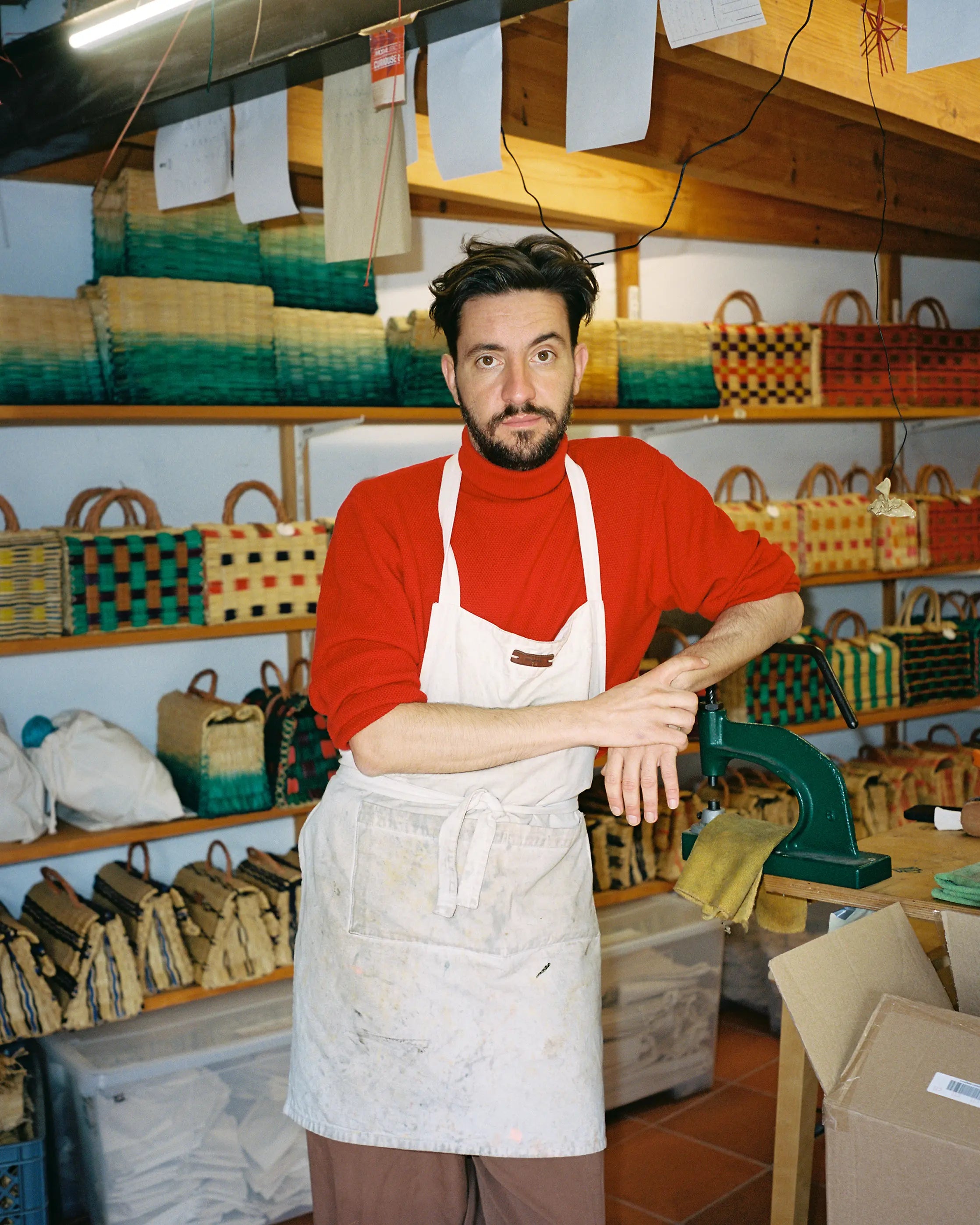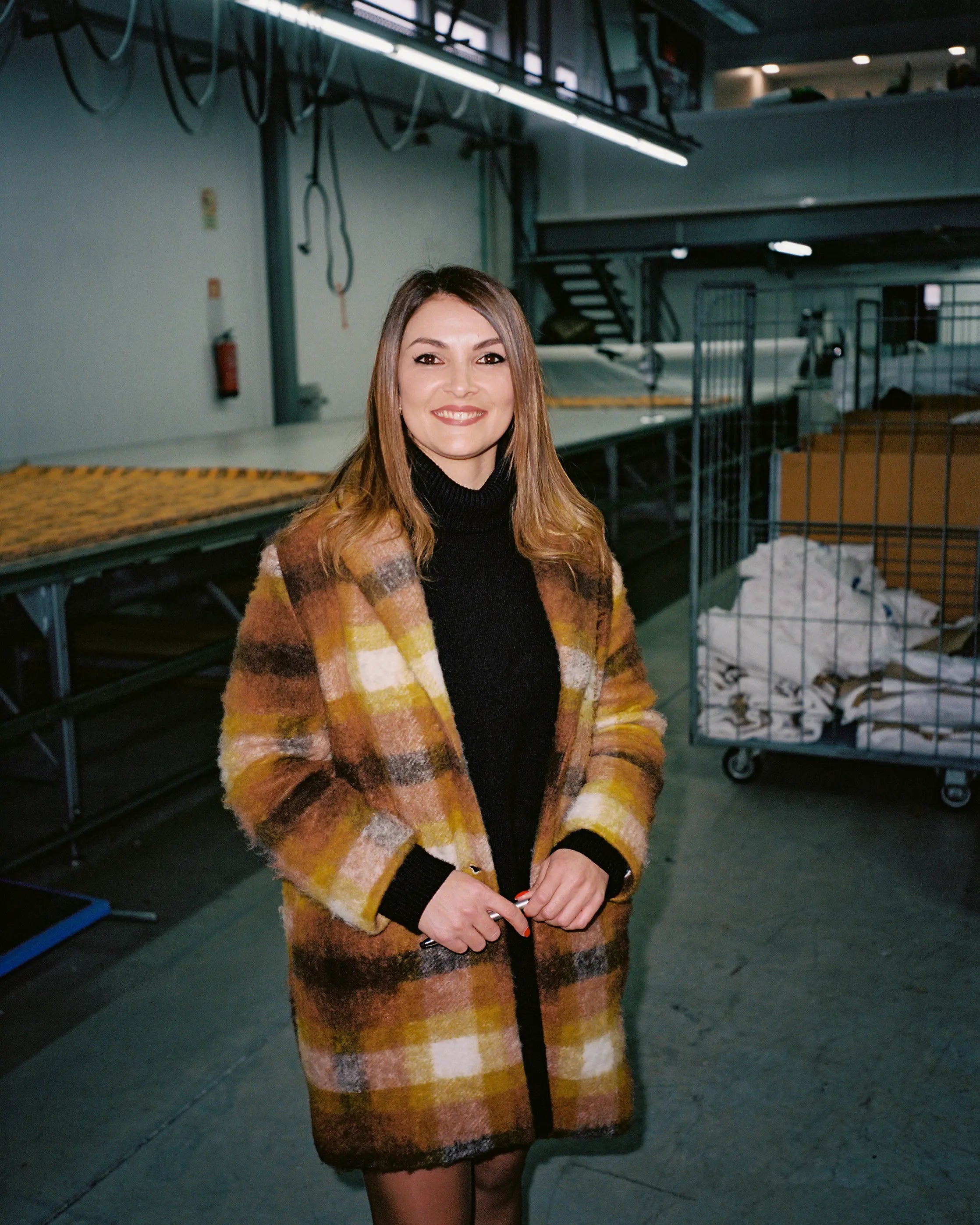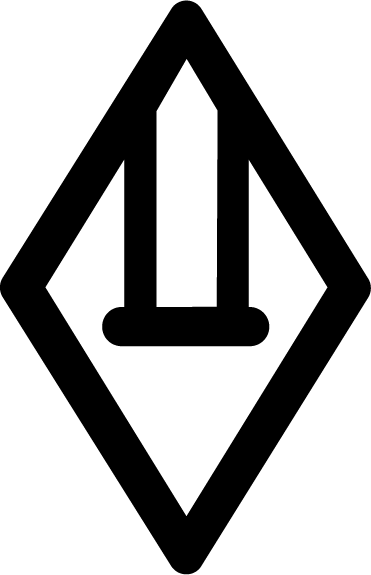The times are changing
Sustainability is no longer an afterthought, it is the driving force of everything we do. Since the beginning we have vowed to celebrate the beauty of the passage of time through things, it’s number 1 on our manifesto. We can only do this by putting sustainability at the core of everything we do.
We know fashion is one of the world’s most resource-intensive industries. We design with this in mind, focusing on sustainable fabrics and material innovation and collaborating hands-on with suppliers.
Production and materials
Circular economy
Part of our cotton garments are made from 100% cotton, 80% virgin cotton and 20% of which is recycled cotton made from leftover and faulty material from our previous productions. We collected this material from our producers, and paid a negotiated price. As intended, all companies involved in this process were from the same region in order to keep this process more environmentally friendly. The recycled materials are also GRS (Global Recycled Standard). Besides, part of our cotton is GOTS (Global Organic Textile Standard) certified.
The defective pieces of clothing from previous seasons have been used to create a new recycled textile for upcoming sustainable collections.
The whole process is carried out in Portugal and Catalonia (collecting scraps and faulty items in Portugal, crushing up the material in Olot, spinning the recycled material in Girona and weaving the material in Portugal, fabrication of the final product in Portugal.
Production
The Animals Observatory produces mostly in Portugal and Spain. However, a few specific items are produced in Turkey and, to a lesser extent, China. All supplier choices must comply with the following criteria:
1. Working conditions
2. Know-how and experience
3. Production capabilities with different textiles
4. Recommendations from other providers
5. Communication and transparency
6. Payment conditions
7. Production and delivery capacity
REACH
(All our suppliers fulfill REACH* regulation) stands for Registration, Evaluation, Authorisation and Restriction of Chemicals and is a European Union regulation adopted to improve the protection of human health and the environment from the risks that can be posed by chemicals.
Recycling
Our production packaging is made of 100% recycled and recyclable plastic, made in Portugal, Turkey and China. which means made locally where the production is.
Packaging and deliveries
100% of our e-shop packaging is made with kraft paper.
100% of the hang tags labels are 100% recycled paper.
100% of eshop deliveries CO2 emissions are compensated by TAO with the UPS Carbon Neutral program.
We have replaced our white envelope and cardboard box for a kraft envelope.
Our tissue paper is now 1 size and 1 unit (before it was 2 sizes and 2 units per order).
We have replaced the plastic logo sticker with a paper one.
The total price of items used for an order has decreased.
A cellulose envelope has been added for the invoice and return instructions.


Commitment for the governance
Committed suppliers
Within the manufacturing contract there is a section referring to the ethical principles of the manufacturer and its commitment with regards to the Global Compact Initiative. With the signature of the contract the other party commits to follow the 10 principles of Global Compact while developing their business activities. The Global Compact includes areas to improve: Human Rights, Environment, Labour conditions and the fight against corruption.
Compliance
The compliance with regards to all regulations and legislations from The Animals Observatory operating markets is guaranteed with a special focus on the safety of children’s clothing. All clothing pieces pass two safety tests with (KC) - KATRI and AITEX organizations. There are three sources of information to guarantee legal compliance; Firstly, The Animals Observatory has the law firm Roca Junyent overseeing all the regulations and identifying possible pitfalls. Secondly, one of the Cluster from Acció focus on clothing industry, and finally The Animals Observatory is member of the Asociación Española de Productos para la Infancia (ASEPRI).
Business collaboration
The Animals Observatory has shared a list of topics with a non-direct competitor to find possible areas for collaboration and transmission of knowledge and good practices.
Financial transparency
Between the management team and the investment group there is total transparency with regards to operations, KPIs, documentation, business issues, etc. Besides the 4 meetings with the board of directors, the property participates monthly in a meeting with the general manager to keep track of everything. Moreover, if needed, shareholders can access all internal folders to check any information.
Transparency with stakeholders
Financial information such as budgets or accounting statements are sent to banks and suppliers proactively to improve their internal knowledge of The Animals Observatory. This increase in financial transparency has led to greater confidence in The Animals Observatory among financial institutions.
Fair competition
Using The Animals Observatory legal services, all possible conflicts with new collections like usage of protected trademarks, debatable designs, etc... are prevented from being launched.



